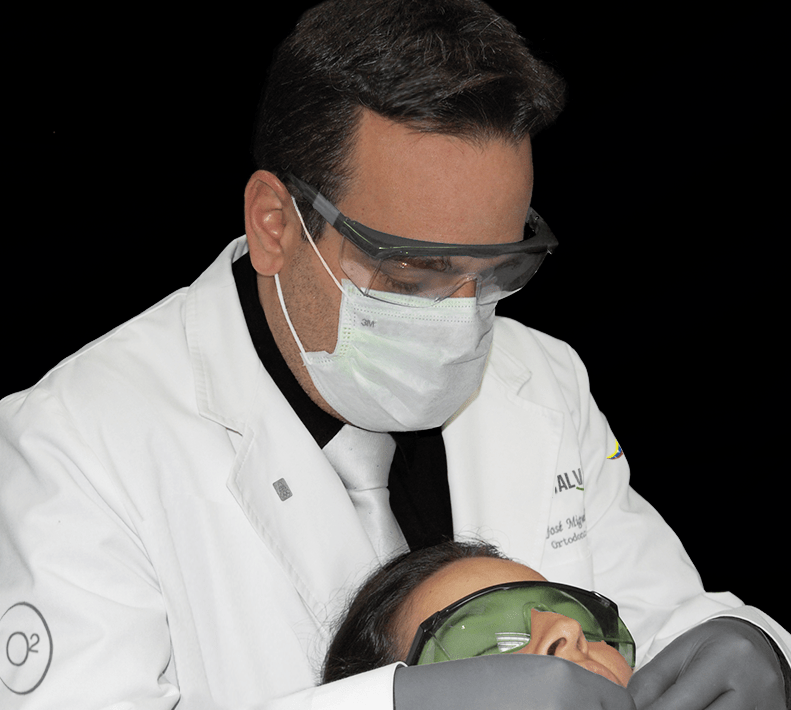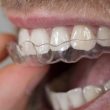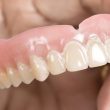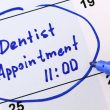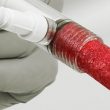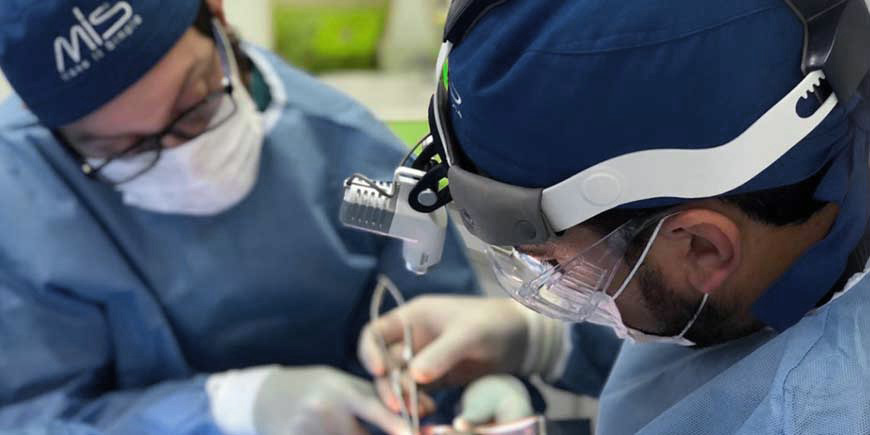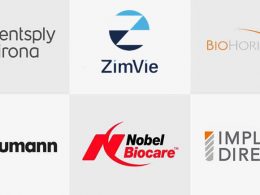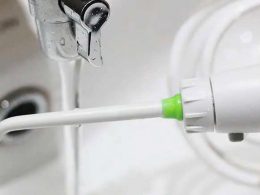Table of Contents
Just hearing about it, you must be wondering if dental implant surgery is painful. Every word; “dental”, “implant”, and “surgery” seems to imply pain and discomfort.
However, pain in oral implantology should be a variable to consider only and exclusively in the postoperative period, that is, after finishing surgery; assuming that the dental implant placement procedure is a highly controllable and predictable act. If your Oral Surgeon is well trained and has enough clinical experience, he will surely be able to carry out a fast, accurate and 100% pain-free procedure.
Currently, there are drugs of great potency and prolonged action that, together with an adequate technique of truncal or infiltrative local anesthesia, will be more than enough to avoid any unrest or discomfort during the procedure.
The issue comes later, when the patient leaves the clinic facilities and begins his recovery. Although the placement of dental implants is a minor, brief and non-invasive surgical procedure; it will always leave a small oral wound susceptible to pain, inflammation and the usual process of tissue healing.
Postoperative in Implant Dentistry
Most patients who have received dental implants say that there is very little discomfort involved in the procedure and less pain than other dental treatments, as a tooth extraction, for example.
However, the intensity and duration of post-surgical pain will depend on several factors inherent to the patient, the professional and the surgery:
1- Pain Threshold The perception of pain is something completely subjective. What can be “very painful” for one person may be just a “little discomfort” for another.
2- Surgeon’s Experience and Skill Less trauma and tissue manipulation; less inflammation, pain and discomfort.
3- Good Handling of Implants and the Surgical Technique Especially regarding asepsis measures.
4- Procedure ‘s Extension, Complexity and Duration To greater number of implants placed and/or greater number of additional procedures (dental extractions, grafts, alveolar expansions, reconstructions, sinus elevations, etc.), more trauma, inflammation and sources of pain.
5- Implant Loading Protocol Immediate loading or “teeth in a day” strategies usually offer more complex and less favorable postoperative periods for the patients.
6- General Care Rest, cold application, oral hygiene, diet and the prevention of accidental and/or functional trauma to the wound will be decisive for the quick and comfortable healing of it.
7- Medication The religious and punctual intake of the prescribed drugs will allow to exercise the maximum possible control over the healing processes, pain and prevention of secondary infections.
Despite adherence to all surgical recommendations and precautions before, during and after dental implant surgery; many patients can experience mild to moderate pain and inflammation after the procedure.
Pharmacological Arsenal
Effective postoperative pain control is an essential component of the care of the surgical patient. Its advantages include patient comfort and therefore satisfaction, faster recovery, quick return to your normal routine, and lower cost of treatment.
Pain management and Infection prevention protocols should be tailored to individual patient requirements to ensure adequate levels of security and postoperative relief. However, and by way of illustration, we will make a brief general description of the most used drugs, and of which our objective will hardly escape.
Analgesics and Non-Steroidal Anti-Inflammatory Drugs (NSAIDs)
They are the most widely used drugs for the management of pain and surgical inflammation in this type of case. NSAIDs are routinely prescribed for mild to moderate postoperative pain and will be supplemented/replaced with opioid analgesics in severe pain.
In the vast majority of cases we prescribe Ibuprofen 400 mg (Motrin® or Advil®), 1-2 tablets every 8 hours for 3 days.
If you are unable to take Ibuprofen or are allergic to NSAIDs, we will give you Acetaminophen or Paracetamol and, if necessary, additional anti-inflammatory medication.
Antibiotics
Infection of the surgical site before, during or after implant surgery can be the cause of much pain and failure of a dental implant, so prophylaxis and antibiotic treatment by systemic route are universally applicable to avoid postoperative infection.
Our drug of choice is Amoxicillin + Clavulanic Acid 875/125 mg, 1 tablet every 12 hours for 8 days, starting the night before the day of the intervention.
In cases of Penicillin allergy, we usually prescribe special protocols based on Clindamycin, Tetracycline or Azithromycin.
Opioid Analgesics
Weak opioids are used very rarely, and only in cases of moderate to severe pain. Codeine is the most commonly used, but low doses of Morphine, Oxycodone or Tramadol could also be administered in the most rebellious situations.
Barbiturates, Narcotics and Other Depressants of the Central Nervous System
Although we are not aware of any case that required this type of medication in the postoperative period, they may be useful for individuals who are excessively nervous, apprehensive, or have disabilities that prevent them from cooperating during surgery.
Conscious sedation is an anesthesia technique of administering sedatives or dissociative agents to induce a state that allows the patient to tolerate unpleasant procedures while maintaining cardiorespiratory function. It has an effect on pain, since by decreasing anxiety the painful threshold is raised, it facilitates the administration of the local anesthetic without the person knowing and, at the correct dose; it also produces amnesia, so that the patient has little or nothing to remember about the procedure.
However, sedation procedures require the participation of an Anesthesiologist and the occupation of a physical infrastructure specially designed for it.
In Dentistry, general anesthesia is reserved only for more extensive, complex and invasive procedures; such as Maxillofacial Surgery or zygomatic implants placement.
“If Your Oral Surgeon Is Well Trained and Has Sufficient Clinical Experience, He Will Surely Be Able to Execute a Quick, Accurate and 100% Pain Free Procedure”.
DENTAL TIP
Attitude Is Important!
Although discomfort of the surgery varies from person to person, most patients say it was much less discomfort than they thought it would be. During the surgical procedure, the Oral Surgeon will give you an anesthetic and will use gentle techniques, so you will feel little or no discomfort. If you follow all postoperative instructions and take the required antibiotics, there is minimal discomfort. All patients are given pain medications, but many times they do not even need to use it.
The best results are always obtained in the most optimistic, enthusiastic and receptive people to the treatment!
Take Care of Your Health by Saving Money!
DENTAL VIP has years of experience in helping patients get the best possible treatment at the best possible price by travelling to Venezuela for their dental makeover. Whether you wish to rule out any oral injury, have a biopsy, undergo Maxillofacial Surgery or rehabilitate your entire mouth, it is amazing how much can be done in a short space of time with the right dental team and technology.
If you have never travelled to Caracas before we can quite literally organise your whole dental trip. From your initial quotation, sourcing your flight tickets and hotel along with getting you to DENTAL VIP to undergo your treatment and back to your hotel again. It is our job to make this easy for you, just as we already have for hundreds of patients across the globe.
Being the largest facilitator of dental treatment in Venezuela, we are known in the industry for our quick and professional response. Get in touch today via WhatsApp +58 414-9033547 or Email to find out how we can help you regain your health and achieve the confident smile you have always wanted.
